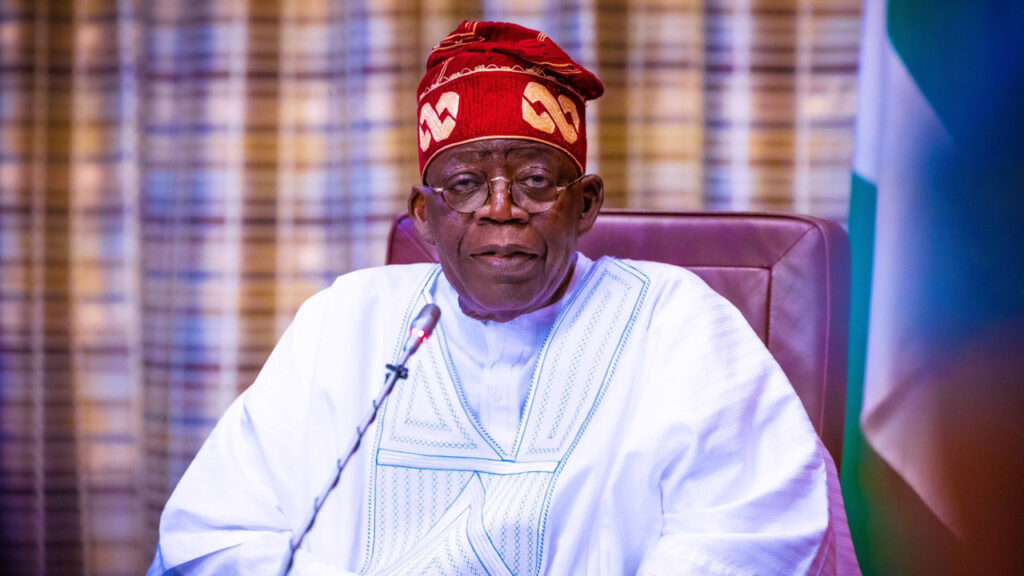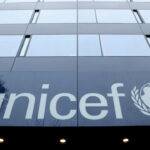
‘1.4b children lack access to basic social protection globally’
United Nations Children’s Fund (UNICEF) has handed over $313,143 (N438.4 million) medical equipment to the Borno State Government.Also, a new report released by the International Labour Organisation (ILO), Save the Children and UNICEF revealed that, globally, 1.4 billion children aged under 15 years lack any form of social protection, leaving them vulnerable to disease, poor nutrition and poverty.
According to UNICEF, the medical equipment was to improve healthcare delivery and strengthen the capacity of primary healthcare facilities for women, newborns and vulnerable children in the state.
Presenting the various equipment, yesterday, in Maiduguri, to the Commissioner for Health, Prof Baba Gana, UNICEF Chief of Borno Field Office, Phuong Nguyen, disclosed: “Over 25 per cent of health facilities in the North East have been destroyed or are non-functional,” noting that shortage of health workers, vital equipment and drugs impeded healthcare delivery services.
“Today’s event was an intervention in the healthcare sector with supplementing efforts of the Borno government,” she said. The supplies comprise baby bassinets, bed screens, stretchers, trolleys and examination tables, he noted, stating that they would enhance service delivery.
According to Nguyen, UNICEF will soon hand over a newly built Primary Healthcare Centre (PHC) and supplies worth $15,000 (N21 million).
THE report showed there had been a modest global increase in access to child benefits over a period of 14 years, from 20 per cent in 2009 to 28.1 per cent in 2023.
However, The Guardian gathered that the progress has been unequal, as in low-income countries, rates of coverage remain staggeringly low, at around nine per cent, while 84.6 per cent of children in high-income countries are covered.
It reads: “Coverage rates for children in countries that are highly vulnerable to climate impact are a third lower than those in countries that are not classified as being at high risk. Ensuring children are covered by social protection is key to protecting them from the worst impact of the climate crisis.
“Globally, there are 333 million children living in extreme poverty, struggling to survive on less than $2.15 per day, and nearly one billion children living in multi-dimensional poverty. At the present rate of progress, achieving the Sustainable Development Goals (SDGs) poverty target is out of reach.”
UNICEF Director, Social Policy and Social Protection, Natalia Rossi, said: “This is unacceptable. However, ending child poverty is a policy choice. Expanding social protection coverage of children in the fight against poverty is critical, including the progressive realisation of universal child benefits.”












